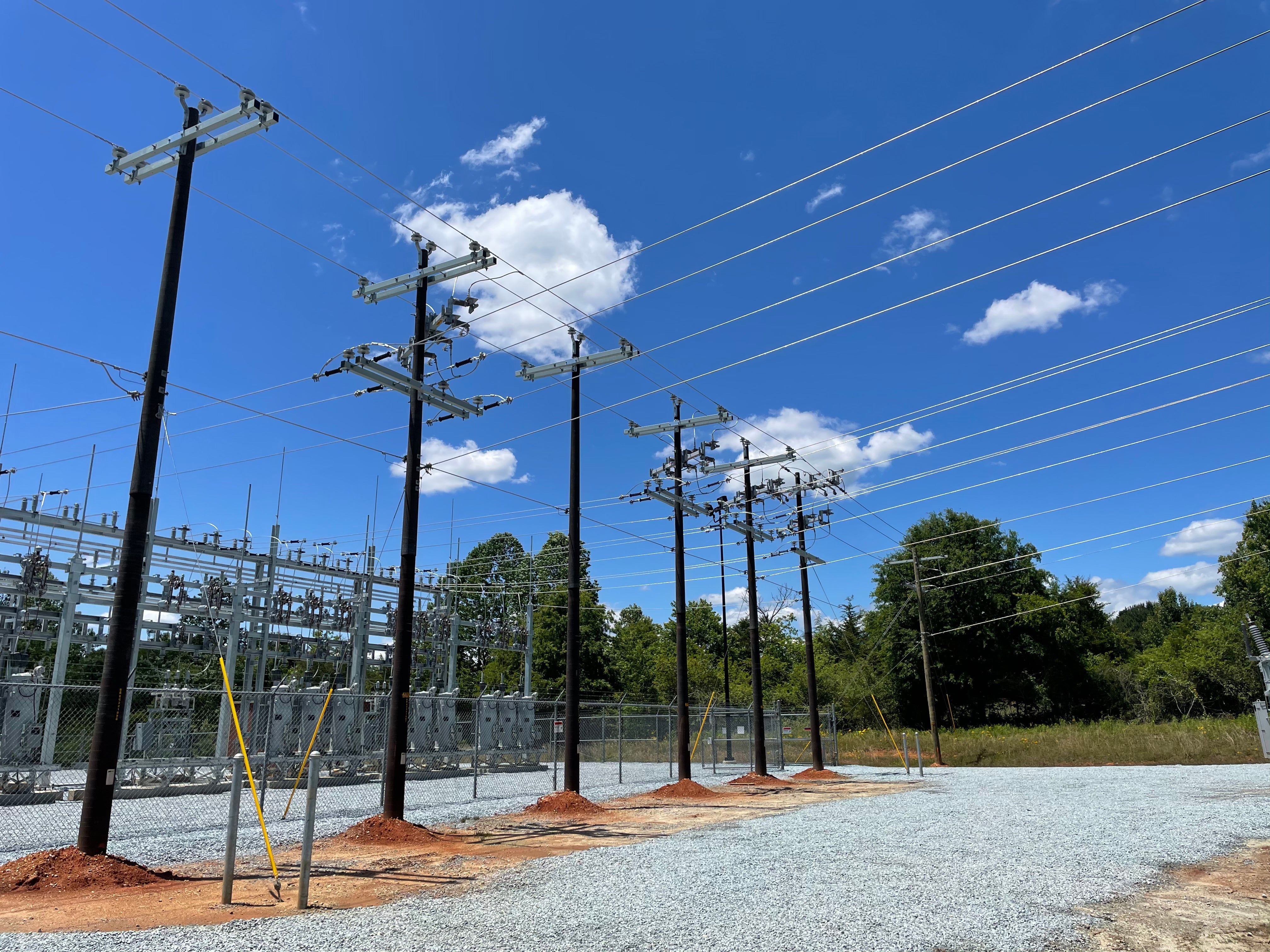
For many of us, the July heatwave might have made the near-zero temperatures we experienced last Christmas seem like a distant memory. From our vantage point at Blue Ridge Electric Cooperative, however, both weather-driven events have invited our ongoing scrutiny. Fortunately, the Blue Ridge system, and those of other South Carolina power suppliers, had adequate capacity to meet the demand brought on by the recent scorching temperatures. The December cold snap presented us with a different scenario. The size of the winter electrical load meant some neighboring utilities had to resort to rolling blackouts to maintain system integrity.
A prolonged interruption of service
I can assure you, it was a very tense situation as we watched thermometer readings drop into the single digits. At Blue Ridge, we understood that a prolonged interruption of service could endanger lives and health among those we serve. Honestly, I hope we won’t have to go through that kind of ordeal again.
In analyzing how we’ve arrived at these challenging circumstances, two main factors come to my mind. First, South Carolina’s population is expanding rapidly. A recent survey revealed that among America’s 50 states, ours is the fifth-fastest growing. Moreover, announcements of new industries locating within our state’s borders are now common. It’s also obvious that the state’s many attributes are attracting more families who desire to make the state their new home.
With these new additions, there comes the expectation that adequate electric power supplies will be available to meet their needs. Government regulations—particularly federal regulations—are restricting our options for adding baseload generating facilities. Some in-state coal fueled plants have already been shut down, and proposed regulations may restrict the operation of our natural-gas generators as well. The intent appears to be for fossil-fuel plants to cease their production, regardless of whether there will be adequate replacement power to come online to fill the void.
Looking to renewables such as solar and wind to fill that void is, in my opinion, simply not adequate. All of us expect the lights, the TV, or the computer to come on every time we flip the switch. Dependence on renewables would make that uncertain. Additionally, the failure of the V. C. Summer nuclear project has shifted dependence even more to natural gas-fueled generating stations to guarantee that consumers will have reliable electric service.
Blue Ridge Electric Cooperative isn’t opposed to renewable energy. The co-op is the owner of a solar farm, and we have assisted quite a few of our members who have installed solar panels at their premises. However, the fact remains that renewables have limitations. Solar cannot provide support when additional generation is desperately needed around the clock.
I am in favor of balanced resources in our national energy strategy. However, that strategy should ensure energy independence, economic prosperity, affordability and reliability to every citizen. At Blue Ridge, we will continue to be a voice for our members as we look toward the future
